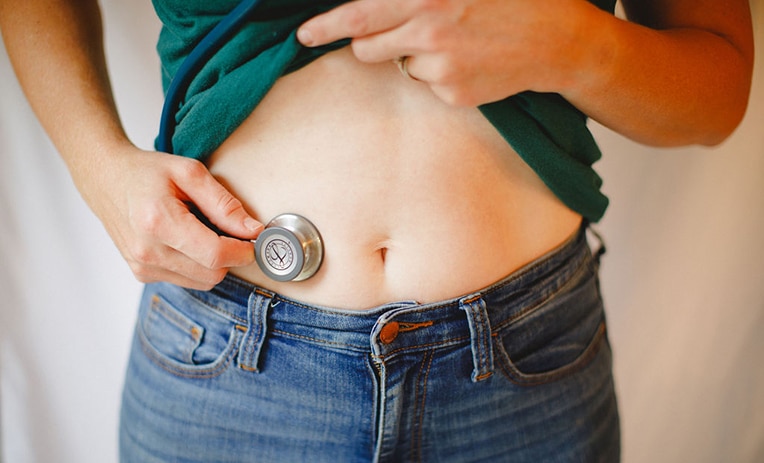As we move away from the sun during these winter months, we no longer get enough UVB light to make Vitamin D. This lack of light increases our need for supplementation. Here’s a quick update on Vitamin D supplementation to get you up to speed.
Vitamin D Levels
One thing most people don’t know is that our genetics have a great impact on how much vitamin D we need. (Have you found out your SNPs by doing a 23andme?) Some people have ideal levels at 400 IUs per day, while others have to supplement with 10,000 or more units to get into optimal ranges.
To know, you have to get your levels of D tested. After supplementing levels should be rechecked to ensure they are in an optimal range (Total D3 40 to 80) Some authorities have recently lowered the recommendations to adequate if above 20 ng/ml. If levels are below 20 ng/ml, there is a significant increase in bone disease and fractures.
The Vitamin D Council states that levels between 40 to 50 ng/ml are sufficient. At these levels of vitamin D, we see that a mother can pass vitamin D through her breast milk.
This level has also been suggested via research to fight infections and support immune function.
With vitamin D, minimal requirements will result in baseline functions, such as supporting calcium levels. With higher levels of vitamin D, we can expect a greater variety of activity, like fighting infection (vitamin D actually has antivital activity). As such, levels in a more “optimal” range may provide more benefits beyond calcium homeostasis.
Too much vitamin D? It is recognized as non-recommended to go above 100ng/ml and toxic at greater than 150ng/ml. Higher blood levels are still under debate as to their benefits.
Form pharmacological vs. physiologic
The body naturally produces Vitamin D in the form of D3. Vitamin D2, on the other hand, can be found in pharmaceuticals, plants, and funguses. Using a product with D3 is likely the most effective form as it is what the body makes naturally. Ideally, we’d get Vitamin D from the sun and which comes with many other benefits as well. The reality is that this can’t happen in the winter months in Indiana nor in the summertime with SPF, indoor lifestyles, and protective clothing. As such, there is a common need to supplement.
The research also shows in randomized control trials benefits in some conditions from vitamin D supplementation such as acute respiratory infections, cancer, heart failure, and others. Still more, many disease types have been correlated with low levels of Vitamin D, MS, breast cancer, depression, and Alzheimer’s disease just to name a few. We also see better pregnancy outcomes when women have ideal vitamin D levels in pregnancy.
Steps to take
- Talk with your doctor about vitamin D testing
- Get sun exposure whenever you can. Spend time outdoors around the noon hours with arm, face, and chest exposed.
- Talk with your doctor about supplementing and find a good dose for you.
- Learn more, https://www.vitamindcouncil.org/
To talk with me more about Vitamin D, call, email or schedule an appointment online.
To your greatest health,
Dr. Guan




